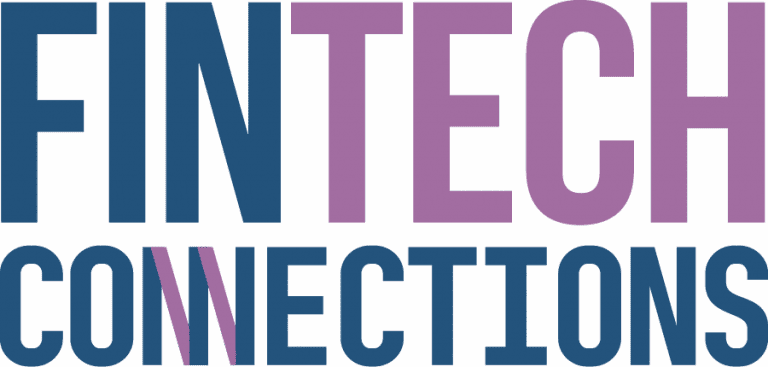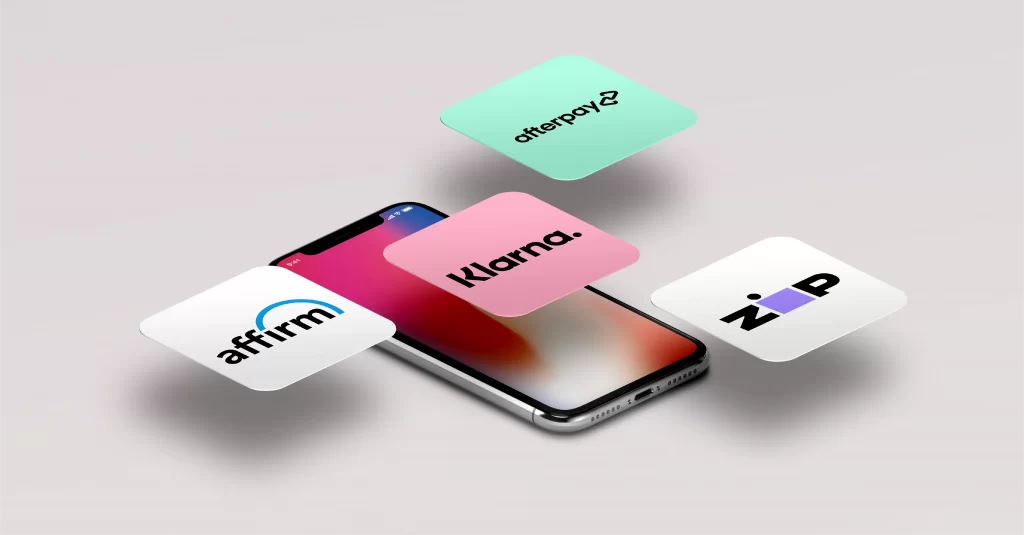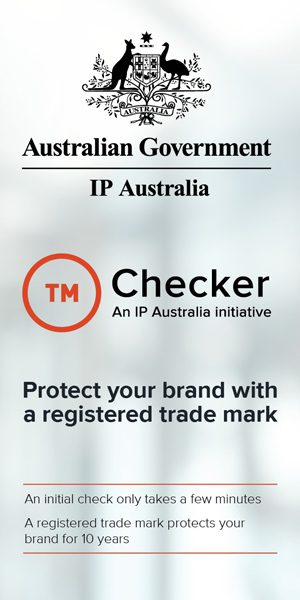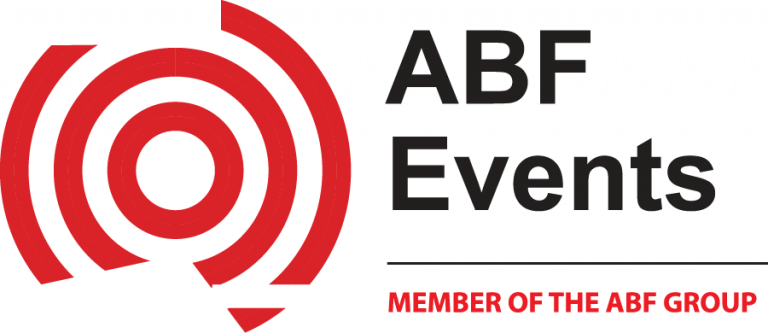Buy now, pay later plans allow shoppers to pay for purchases in four or more installments, often interest-free. Dubbed BNPL for short, these point-of-sale installment loans are rising in popularity as people spend more time shopping online.
Overall, 60% of consumers say they’ve used a BNPL service at least once, and 51% did so during the past year.1 Though BNPL plans offer some attractive features, it’s important to understand what they can mean for your credit score. We highlight some of the basics of buy now, pay later plans, as well as some of the most common ones.
KEY TAKEAWAYS
- Buy now, pay later plans offer a convenient way to pay for purchases online or in stores.
- The majority of BNPL services allow consumers to pay for their purchases in four installments.
- Many BNPL services don’t require a hard credit check for you to qualify for them, so applying won’t hurt your credit score.
- If a BNPL provider reports your account activity to the credit bureaus, making on-time payments can help you build a good credit history and a solid credit score.
- BNPL can negatively affect your credit score if you fail to make payments on time.
Buy Now, Pay Later Basics
Buy now, pay later apps provide consumers with short-term financing for their purchases. When someone shops online or in a store, they may have the option to use the BNPL option at the checkout. If they opt for one of these point-of-sale installment loans, they’ll be asked to make an initial down payment on the purchase. The remaining balance is then spread out over three or more installments.
Some characteristics that distinguish these agreements from layaway plans, rent-to-own, or credit cards include:
- Purchase and spending limits
- Payment structures
- The costs (interest and fees)
- The major retailers at which BNPL is accepted
- Approval requirements
Buy now, pay later plans can have flexible spending limits, which are typically set by the platform that provides the service rather than the store. Afterpay, for example, gives shoppers an estimated spending limit that can change over time based on how they use their accounts.2 Klarna doesn’t specify a preset spending limit but instead considers the amount of the purchase, the time of day, and the length of time the customer has been using the service.3
Payments are usually split into four installments, though the number may vary depending on the BNPL service and the size of the purchase. In terms of cost, many point-of-sale installment loans are interest-free, which can make them more attractive than a credit card with a high annual percentage rate (APR).
Note
Though many buy now, pay later plans are interest-free, some aren’t. So it’s worth finding out which are and which aren’t before you sign up.
Does BNPL Require a Credit Check?
Ordinarily, consumers who apply for loans or other forms of credit are subject to a hard credit inquiry, which allows lenders to view the consumer’s credit reports before making a decision. Each hard credit inquiry can knock a few points off your credit score. Soft credit pulls, on the other hand, have no impact.4
Some BNPL providers conduct a hard credit check when you apply, while others don’t. The list of providers that use soft or no credit checks includes:
A hard credit check may be required if you’re using a special financing option offered by a buy now, pay later service. For example, Klarna requires a hard credit check if you’re applying for one of its six-month, 12-month, or 36-month installment loans.7 Otherwise, you may be able to avoid a hard credit check—and any harm to your credit score—with BNPL financing.
Checking your own credit reports is considered a soft credit pull and won’t damage your credit score. You can request your credit reports at AnnualCreditReport.com.
Do BNPL Services Report to the Credit Bureaus?
Credit accounts, including loans and credit cards, are typically reported to the credit bureaus by their lenders. The type of information that goes into your credit report will include:
- Payment history
- Credit limits
- Balances owed
Those are some of the most heavily weighted factors used in calculating your FICO credit score.10 But this information isn’t reported automatically; lenders have to share it with the credit bureaus, and not all do.
If a buy now, pay later provider chooses to report your account activity to one or more of the three major credit bureaus, that information can show up on your credit reports, and in turn, affect your credit score.
Sezzle, for example, offers a buy now, pay later option that includes credit bureau reporting for consumers who opt into it.11 If they make all their payments on time, that will help them build a good credit history, but if they’re late in paying, it could damage their credit score.
Afterpay, on the other hand, doesn’t report payment history to the credit bureaus at all, so it won’t affect credit scores one way or the other.6
Consumers who hope to use BNPL as a credit-building tool will want to choose a service that reports to the credit bureaus and of course, keep up with their payments. Consumers who know from past experience that they don’t always pay their bills on time may want to choose one that doesn’t.
What Happens If You Miss Payments?
Buy now, pay later agreements assume that borrowers will make the required installment payments as agreed. Missing a payment can trigger late fees, and missing multiple payments could result in an account being sent to collections.
This is the policy Zip follows.12 When an account is transferred to a debt collector, any negative history associated with it, including late or missed payments, can be reported to the credit bureaus. Even if your BNPL lender doesn’t ordinarily report your account activity, the debt collector may.
Late payments on your credit report can drag down your credit score, and the longer an account is past due, the more damaging it can be. Negative information, such as late payments, can stay on credit reports for up to seven years.13
















